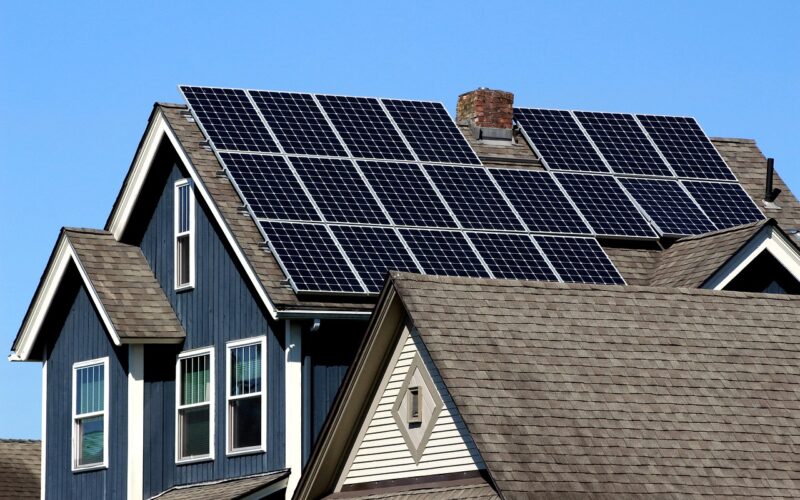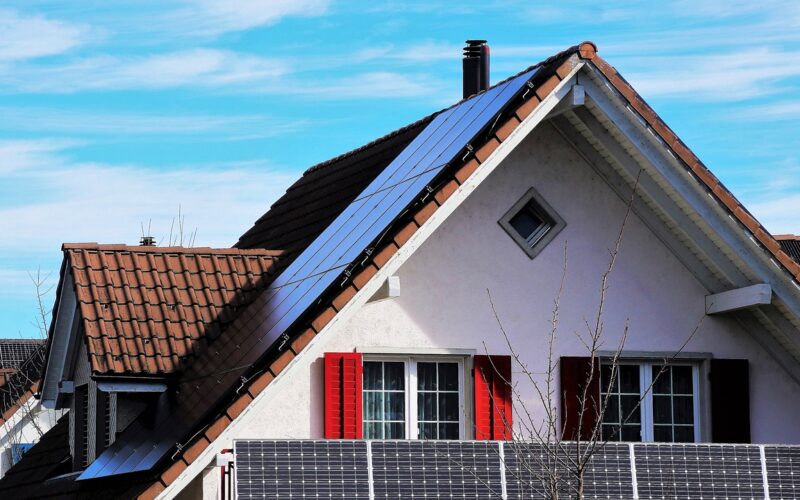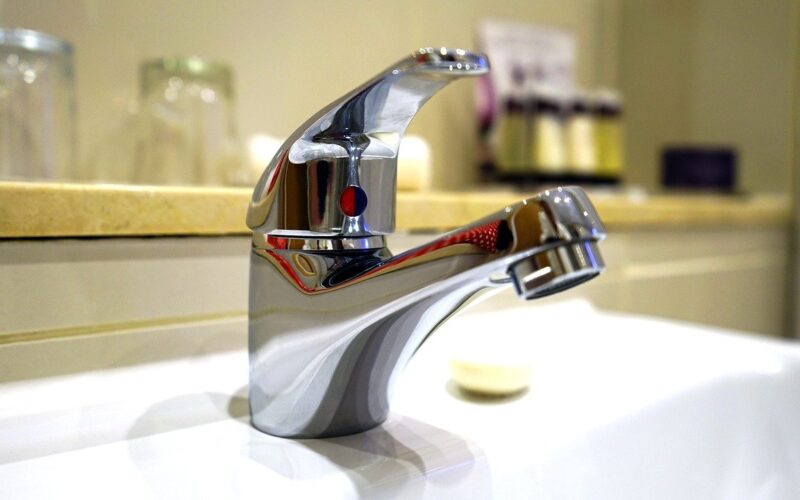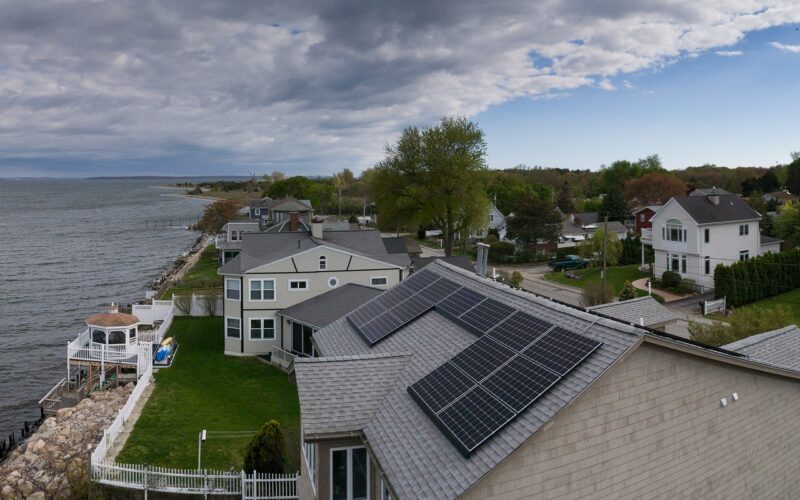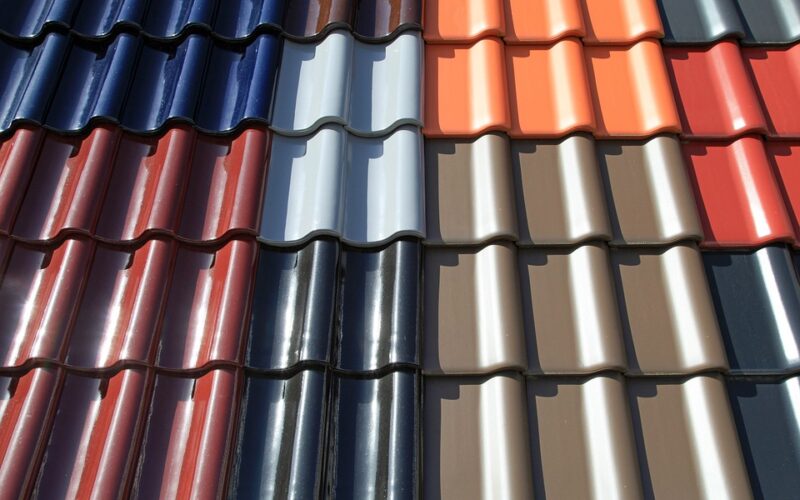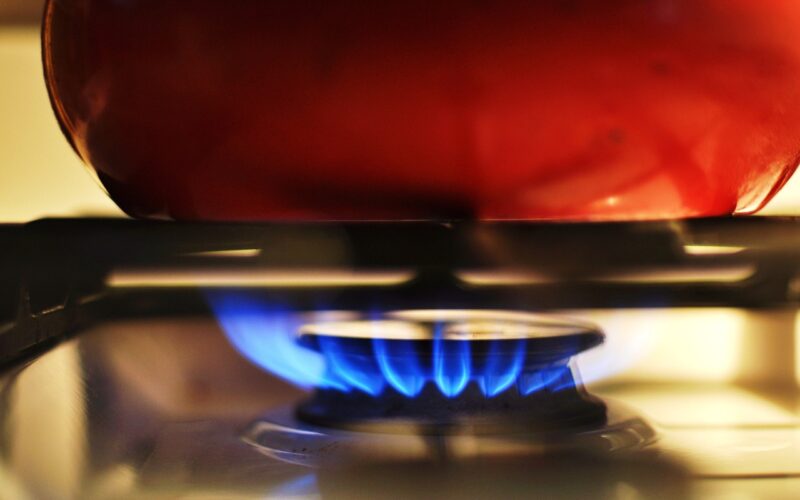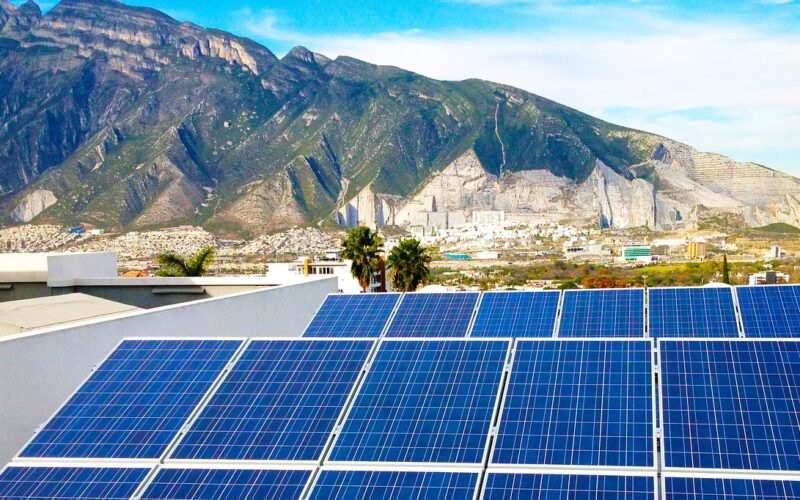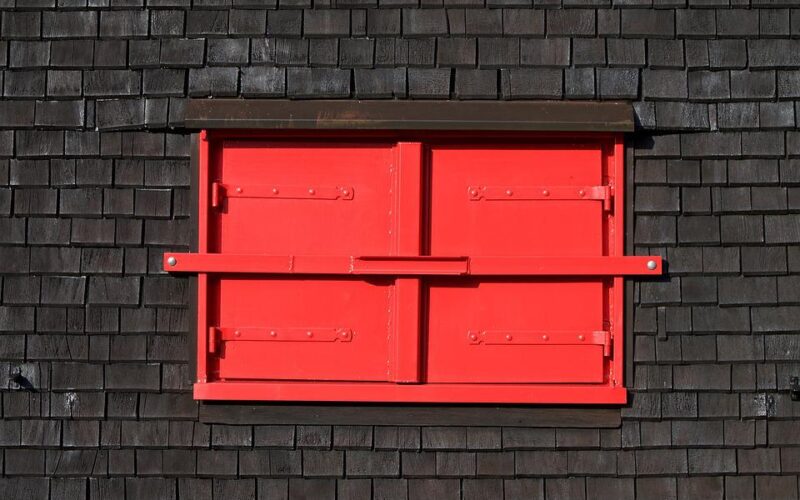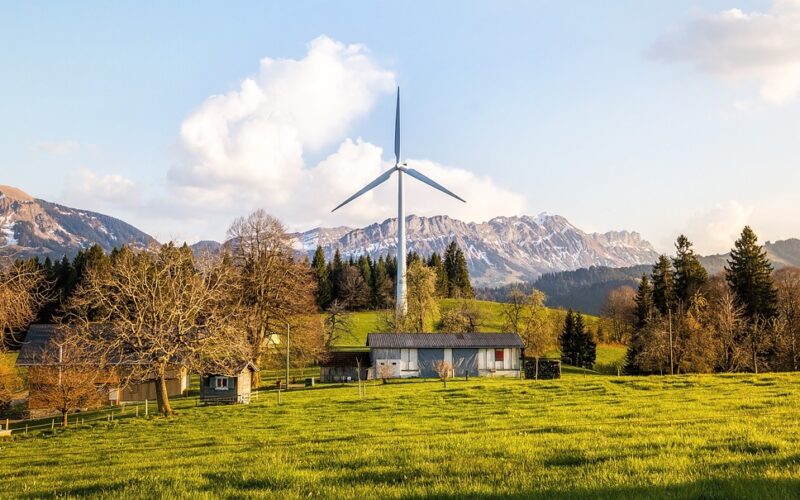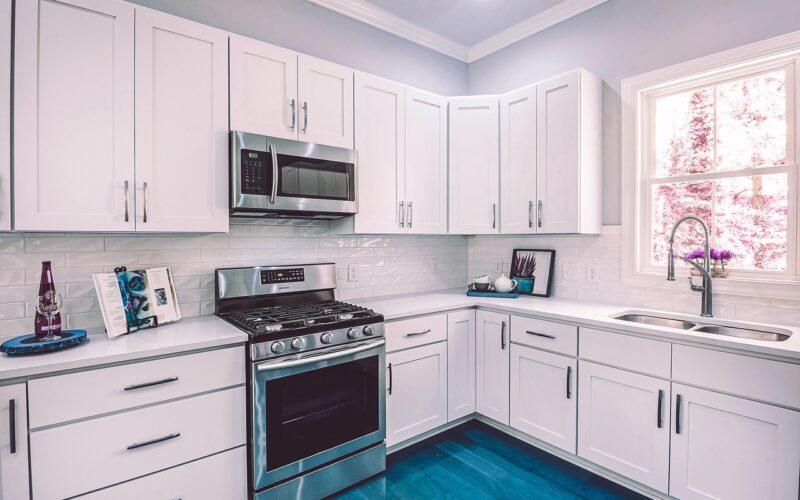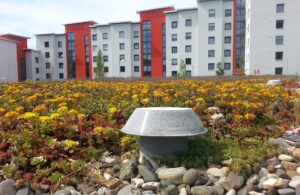Making your home more eco-friendly doesn't necessarily mean you have to invest a small fortune in solar panels or a wind turbine. There are many affordable and simple ways to reduce your ecological footprint and live a greener life. Here are some practical tips that contribute positively to the environment and your wallet in the long run.
Seal and insulate to save energy
One of the most cost-effective ways to make your home eco-friendlier is to ensure it's well-sealed and insulated. Drafty windows and doors can lead to significant heat loss during winter and overworked air conditioners in summer. Seal any gaps with weather stripping and consider adding extra insulation to your attic and walls. This could substantially reduce your heating and cooling bills and conserve energy.
Switch to LED lighting
LED bulbs may have a slightly higher upfront cost compared to traditional incandescent bulbs, but they make up for it many times over in energy efficiency and lifespan. Swap out your old lights for LEDs and you'll notice the difference on your next electricity bill. Besides using a fraction of the energy, LEDs last much longer, so you won't need to replace them as often.
Use water wisely
Water conservation is a crucial aspect of eco-friendly living. Start by fixing any leaks in your home – a dripping tap can waste a surprising amount of water over time. Install aerators on your faucets to reduce flow without sacrificing functionality and consider fitting your toilet cisterns with a "hippo" or a filled water bottle to use less water per flush. Try collecting rainwater for garden irrigation to further decrease your water consumption.
Plant a garden
If you have outdoor space, use it to plant a garden. Gardens absorb CO2, and by growing your own fruits, vegetables, and herbs, you'll reduce the need for store-bought produce, which often comes with a hefty carbon footprint from transportation. Even if you don't have a garden, window boxes or indoor plants can improve air quality and bring a piece of nature into your home.
Invest in Energy Star-rated appliances
When it's time to replace appliances, look for those with an Energy Star rating. Energy-efficient appliances may not be the cheapest on the shelf, but the amount they save in power consumption will make up the difference. You'll also be doing your part to reduce the demand for energy, which is often generated from non-renewable sources.
Hang-dry your laundry
Electric clothes dryers are some of the most energy-hungry appliances in the home. Whenever weather permits, hang-dry your laundry rather than tumbling it dry. Air-drying clothes can extend their life and reduce energy use, all while giving your garments that fresh, outdoor scent.
Reduce, reuse, recycle
Adopting the three R's (reduce, reuse, recycle) is a fundamental part of eco-friendly living. Cut down on waste by avoiding disposable items, and try to use what you have to its fullest potential. When items do reach the end of their life, recycle whenever possible. Composting organic waste contributes to a green home and provides excellent soil for your garden.
Opt for non-toxic cleaning products
Many cleaning agents contain harsh chemicals that are not only potentially harmful to your health but also damaging to the environment. Opt for natural alternatives like vinegar, baking soda, and lemon juice, which are cheap, effective, and much kinder to the planet.
Encourage and educate
Educating your family and encouraging them to adopt eco-friendly habits is pivotal. Teach your kids the importance of conserving energy, using water sensibly, and recycling. Leading by example is a powerful tool in fostering a green household.
Making your home more eco-friendly doesn't have to be expensive. With these simple, cost-effective strategies, you can reduce your environmental impact and save money in the process. Every small change counts and contributes to the health and well-being of our planet.
